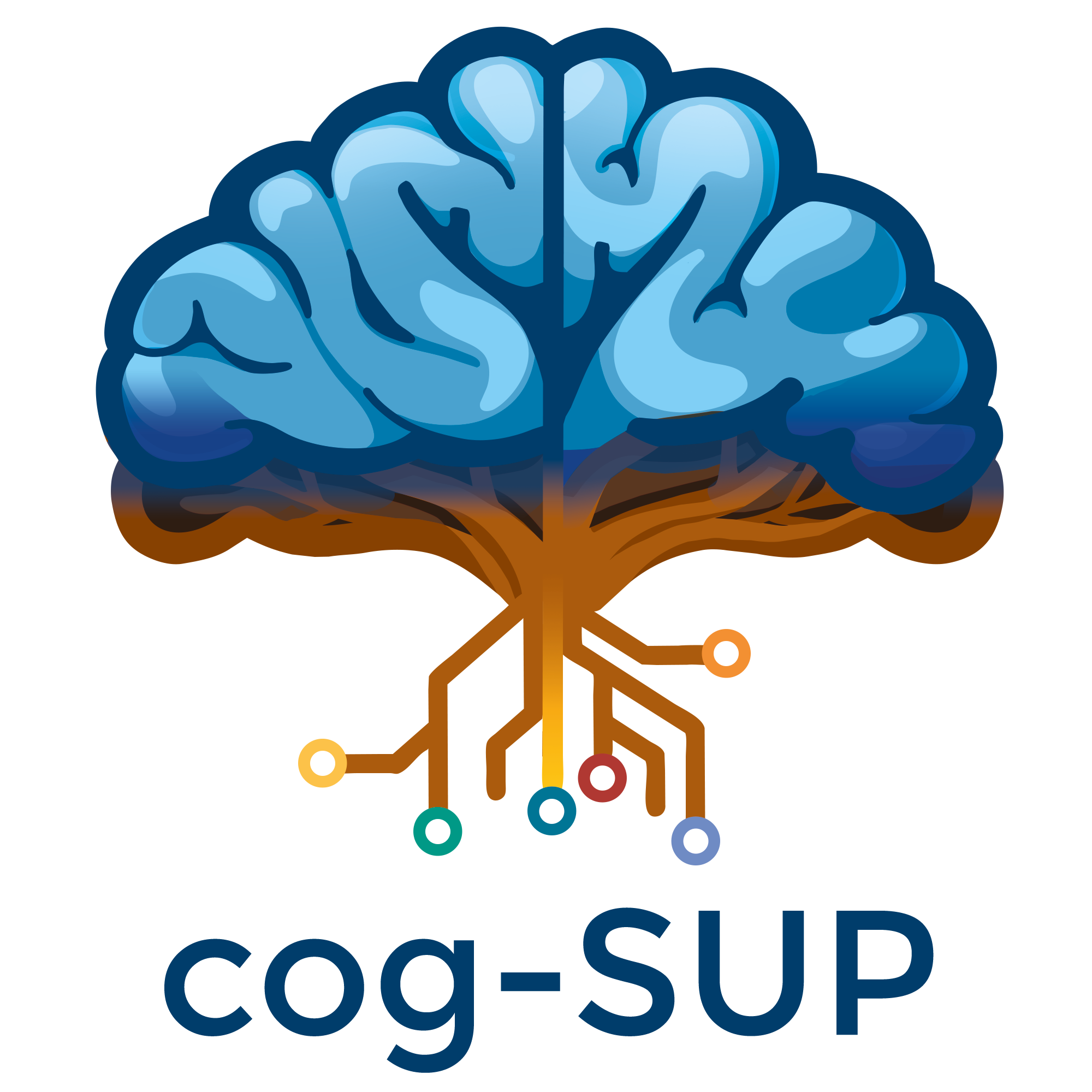Philosophy
Track directors: Pascal Ludwig (Sorbonne Université)
Capacity: 10
General organization
The master’s student must register to one of the tracks. These tracks ensure the acquisition of genuine expertise in the concepts, methods, and techniques specific to each discipline, enhancing the clarity of skills associated with the diploma. The program establishes a common cultural foundation from the first year (M1) through a core curriculum and introductory courses to the different disciplines. In the second year (M2), the majority of courses are fully interdisciplinary and open to students from all tracks. Our goal is to cultivate cognitivists equipped with both robust disciplinary expertise and a broad interdisciplinary culture, essential elements for fostering meaningful collaboration across disciplines.
During the M2, all students will do a long internship during the 2nd semester. During the 1st semester, they will prepare for the internship. Spending one day in the lab (or a parent lab in the case of an internship outside Paris), they will work on the bibliography and clarify the research research question and forseen methods and statistical tests. At the end of 1st semester of M2, students will submit a preregistration document to their track directors, and present for 8 min in front of a jury at the end of January. This is crucial to learn more about the reproducibility crisis, and good practices to overcome it. At the end of the 2nd semester, students will submit a full report and present in front of an interdisciplinary jury the work they did during their internship.
Specific to this track
The philosophy track proposes a balanced program, based on solid disciplinary foundations (in ethics, logic, epistemology, philosophy of cognitive science, philosophy of biology), while also providing cutting-edge knowledge in the main fields of cognitive science (automatic language processing, cognitive psychology, cognitive neuroscience, computational neuroscience and AI).
In addition to content-based courses, we offer the opportunity to acquire skills in data processing (data camp, programming), experimental methods and neuroimaging.
Our students can complete a laboratory internship if they wish to carry out an interdisciplinary project with an experimental aspect, or write a philosophical dissertation, in both their first and second years.
Graduates of this program can pursue a doctorate in cognitive science, philosophy of mind, epistemology, philosophy of science, or move into the many careers where the argumentative and experimental skills we impart are valued.
M1 internships
Topic: The internship takes place in an academic lab and aims to 1. define a precise research question and 2. identify the relevant literature in order to 3. write a short report presenting the research question, why it is important and interesting, and the state of the art. The internship involves at least 2 interactions with the supervisor.
Credits: 3 ECTS per semester.
Evaluation: Based on the written report.
M2 internships
Philosophy students have the possibility of either doing an internships or a dissertation. In the latter case, students are asked to write a 40-80 page dissertation on a research question that has first been identified and specified with the help of the supervisor. The dissertation includes the state of the art and suggestions of possible answers to the research question. It may count as a preliminary work for a PhD thesis. The evaluation will also include a final oral presentation.
M1 – Semester 1
Master core curriculum
CORE-4 Ethics in cognitive sciences (3 ECTS), Katie Evans
Master options: 3 to 6 ECTS among these options
CORE-1 Experimental approach (3 ECTS), Sylvain Charron
CORE-2Data camp (3 ECTS), Mehdi Khamassi
PROG-101Introduction to programming (3 ECTS), Sylvain Charron
Track core curriculumPHILO-101
PHILO-101 Scientific reasoning (6 ECTS), Anouk Barberousse
PHILO-201 Philosophy of biology (6 ECTS), Cédric Paternotte
PHILO-104 Introduction to logic (6 ECTS), Isabelle Drouet
Options : 3 to 6 ECTS among these options
INT-101 Internship (1day/week) (6 ECTS)
LING-101 Introduction to Computational Linguistics (3 ECTS), Guillaume Wisniewski
PSYCH-101 Introduction to Cognitive Psychology (3 ECTS), Thérèse Collins
NCIA-101 Introduction to Computational Neuroscience and AI (3 ECTS), Mehdi Khamassi, Benoît Girard
NCIA-202 Adaptive collective systems (3 ECTS), Nicolas Bredèche, Aurélie Beynier, Nicolas Maudet
NEURO-101 Introduction to Cognitive Neurocience (3 ECTS), Pierre Bourdillon
NEURO-301 Basics methods un Neuroimaging (3 ECTS), Laura Dugué
NEURO-201 Neuropsychology as central paradigm in cognitive science (3 ECTS), Paolo Bartolomeo, Laurent Cohen
M1 – Semester 2
Master core curriculum
CORE-3 Literature (Meta-)review (3 ECTS), Jonathan Vacher
Master options: 3 to 6 ECTS among these options
CORE-1 Experimental approach (3 ECTS), Sylvain Charron
CORE-2Data camp (3 ECTS), Mehdi Khamassi
PROG-202Human experimental workshop (3 ECTS), Mark Wexler
Options : 21 to 24 ECTS among these options
INT-201 Internship (1 day/week) (6 ECTS)
PHILO-102 Introduction to the philosophy of cognitive science (6 ECTS), Pascal Ludwig
PHILO-103 Introduction to the Philosophy of Medicine (6 ECTS), Cécilia Bognon-Küss
PHILO-202Advanced logic (6 ECTS), Pascal Ludwig
PHILO-203Analytic Metaphysics & Epistemology (5 ECTS), Jean-Baptiste Rauzy
PHILO-204 Darwinism and metaphysics: perspectives in philosophy of biology(6 ECTS), Johannes Martens won’t be open in 2025/2026
PSYCH-201 Psychological functions: language, numerical cognition, animal cognition (6 ECTS), Thierry Nazzi
PSYCH-202 Psychological functions: perception-action, decision-making, memory (6 ECTS), Louise Kirsch
NEURO-202 Advanced cognitive neuroscience (6 ECTS), Dollyane Muret
M2 – Semester 3
Master core curriculum
INT-301 Internship preparation (1 day/week) (6 ECTS)
Options : 24 ECTS among these options
COG-401 Attention (6 ECTS), Laura Dugué
COG-403Cognitive Neuroscience of Consciousness (6 ECTS), Claire Sergent
PSYCH-203 Representations (3 ECTS), Thérèse Collins
PSYCH-401Auditory processing and Perception (3 ECTS), Emmanuel Ponsot, Laurianne Cabrera
PHILO-205 Philosophy of economics (6 ECTS), Cédric Paternotte
PHILO-206 Philosophy of biology (6 ECTS), Cécilia Bognon-Küss
PHILO-UTC-301 Théorie des sciences cognitives : computation et énaction (6 ECTS), Olivier Gapenne, Pierre Steiner
M2 – Semester 4
Master core curriculum
INT-401 Internship (full time) (30 ECTS)
